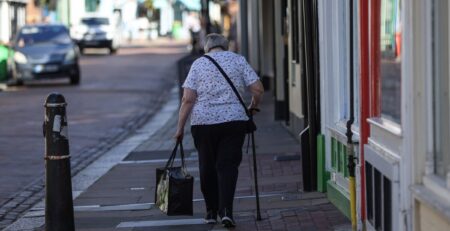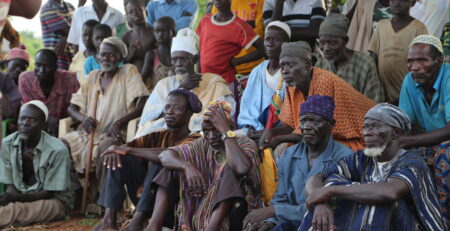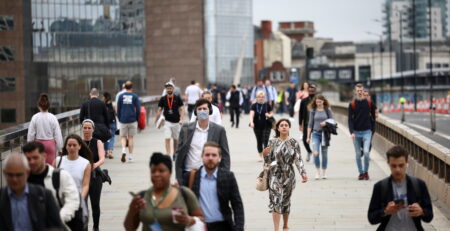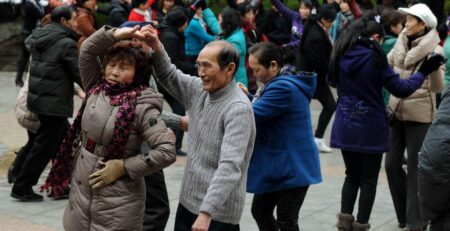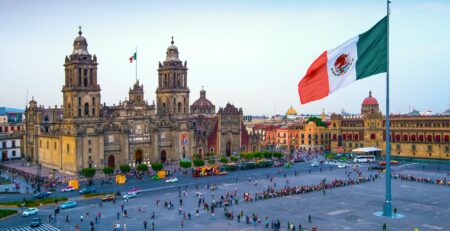Jamaica. The COVID-19 response: Beyond the crisis
The Government’s COVID-19 Economic Recovery Task Force very much duplicates the existing National Partnership Council that had been established to drive Jamaica’s economic development long before the advent of the global pandemic. The recovery process will be long and arduous, but the first order of business for Jamaica is to keep the wheels of industry turning, which is the initial focus, I believe, of the task force. Beyond that, the groundwork for a full and sustained recovery has to be laid, for this is yet another crisis which exposes the vulnerability of the Jamaican economy, and places some long-standing labour market issues squarely on the table.
Every major crisis in the last 100 years has had its greatest impact on labour markets. If we look back at the ending of the First World War and the signing of the Treaty of Versailles, one of the very first acts of the international community was to set up an international labour organisation, recognising that peace cannot be achieved without social justice.
The Great Depression of the 1930s devastated labour markets as well, and as much as the 2008 global economic recession had its genesis in Wall Street greed, it was the labour markets across the world that suffered most from governments’ responses in dealing with the crisis.
From this COVID-19 pandemic the International Labour Organization (ILO) estimates that global working hours will decline by 10.5 per cent between April and June of this year — the equivalent of over 300 million full-time jobs — with the region of the Americas expected to be the hardest hit from this decline. Gross domestic product (GDP) in the Latin America and Caribbean region is expected to be -4.6 per cent by the end of the calendar year 2020. In Jamaica, these problems will definitely be magnified because of the structure of our economy, its reliance on tourism and the service sector, the significant number of own-account workers, the high levels of informality in our labour market, and the weak social protection measures we have in place for the most vulnerable groups in our society.
A prolonged crisis will even further expose the structural deficiencies in our labour market, especially in the areas of health and safety, because our Occupational Health and Safety Bill has been languishing for about three decades and is yet to become law. We continue to debate ad nauseam the need for a wider and comprehensive social protection system; our part-time, temporary and self-employed workers remain outside statutory protection regulations; and domestic workers and minimum wage earners continue to face exposure to discrimination, inequity, and poor working conditions.
From a public health perspective, there is clear evidence that the delay in responding quickly and appropriately to the crisis only serves to extend the life of the pandemic and worsened deaths and hardships. From the perspective of the labour market, the key to preventing a downward spiralling of employment numbers and labour conditions during and after the crisis is the extent to which, as a country, we adhere to global labour standards and build a culture of social dialogue and workplace cooperation, even in the absence of trade unions at the workplace.
Many countries have adopted policy measures that are in keeping with international labour standards on employment, social protection, and wage protection. Barbados, for example, has extended payments under its unemployment insurance scheme to six months, and offered its citizens BD$600 a month where members of the household have lost their jobs during COVID-19. Belize have an unemployment relief programme and have amended their legislation to deal with sick leave provisions. They have also instituted policy measures that require the Ministry of Labour to ratify all employment terminations during the period of the pandemic. On a global scale the analysis shows that countries with effective health and social protection systems have been better able to protect their workers from the worst effects of the devastation caused by COVID-19.
In the absence of properly defined policy responses, the compassion, understanding and cooperation may be wanting. A number of anecdotal stories in Jamaica have been heart-rending. Contract terminations have taken place in some instances under the pretext of COVID-19.
In one instance, a public sector worker, whose contract expired in April, received a phone call the day before advising that it would not be renewed; and a private sector establishment slashed the salaries of its staff by 50 per cent without any discussion or adequate notice. The appeal to our sensibilities and compassion will not always work. Both the World Bank and the ILO have emphasised the need for policy measures which not only address emergency health operations, but protect the poorest and most vulnerable, support businesses, save jobs, and strengthen economic resilience.
Jamaica therefore needs to develop clear policy measures that are people-centred and governed by clear principles of decent work — equity, social justice and fairness. This is the moment we must seize to strengthen our employment protective legislation, pass the Occupational Health and Safety Act, examine the feasibility of moving from a minimum wage to a liveable wage, develop a comprehensive social security protection regime, and entrench our social partnership framework as a means of promoting social dialogue. A case, therefore, can be made out for giving consideration to the introduction of a wage subsidy programme. A 2016 World Bank sponsored study on Mexico after the 2008 recession concluded that the introduction of a wage subsidy programme was an effective tool for tackling unemployment and helped in the quick recovery after the crisis.
These measures must be built around the primary focus of protecting and preserving the health and safety of our workers, guaranteeing workers continued income, and ensuring the sustainability of businesses and jobs. We simply cannot afford the closure of businesses and the loss of jobs, which would greatly affect the small and medium-sized enterprises. We must therefore do everything to rescue the economy from total collapse. The focus on the labour market and the appropriate international labour standards to be observed in the recovery makes the case for the Ministry of Labour to be seated on the task force.
I am surprised they were not named. In laying the groundwork for the sustainability of the economy in the post-COVID-19 period, the research capabilities of the leading Caribbean university, The University of the West Indies (UWI), must be utilised so that our efforts are guided by science and not anecdotes. In addition to the brilliant former The UWI scholar Professor Alvin Wint, there is clearly a case for The UWI to be seated at the table in its own right. The effective response to this crisis will require the fortitude and goodwill of the Jamaican people.
As Abraham Lincoln once said: “If given the facts, you can depend on the people to meet any national crisis.” This is a time of great challenge and great opportunity. Let us not waste it.
Read More @Jamaica Observer




